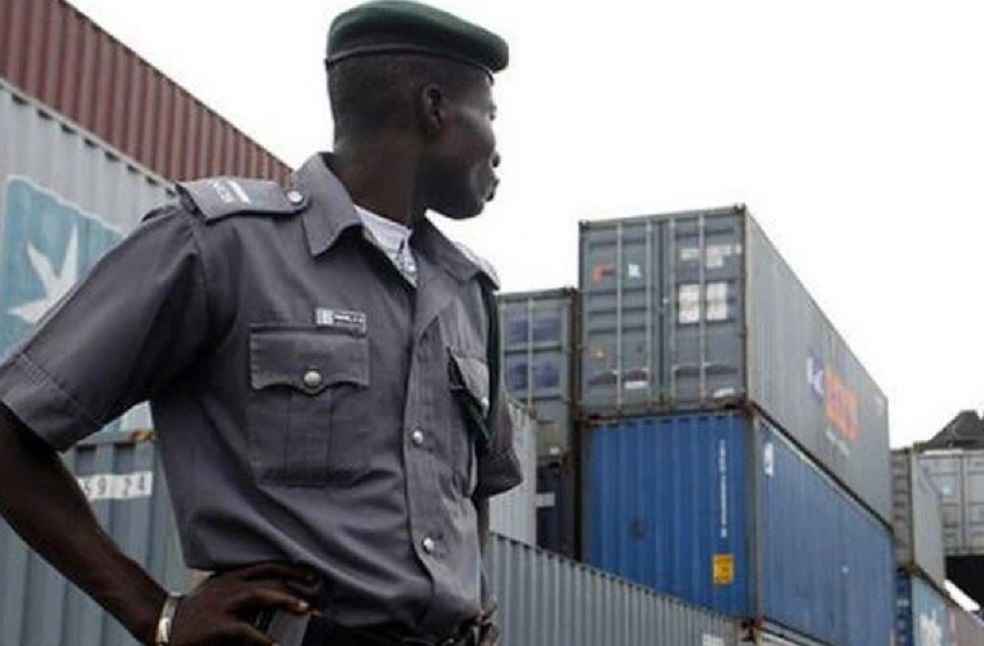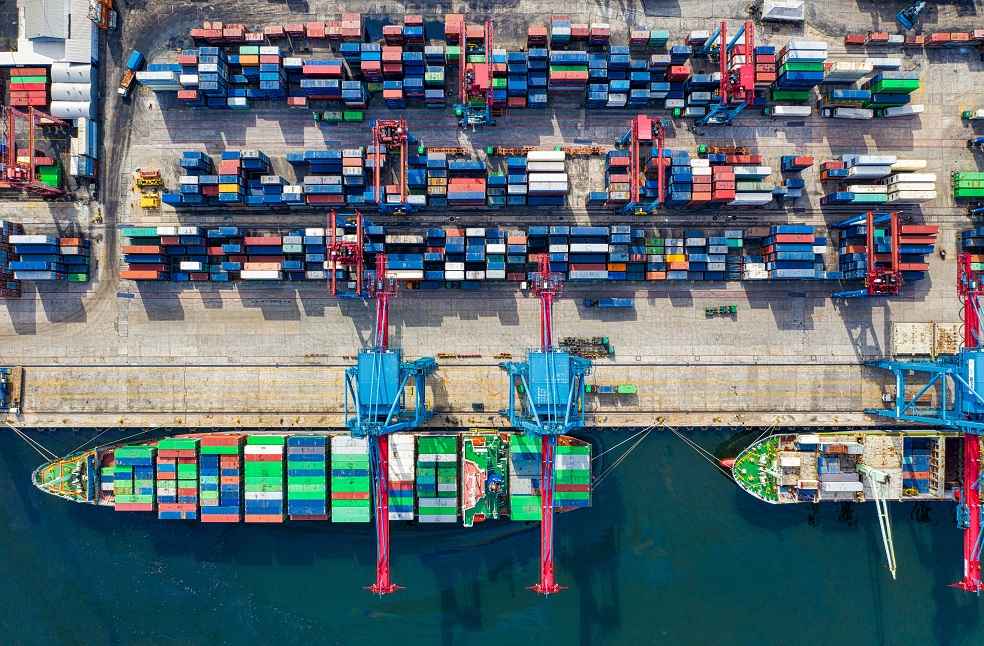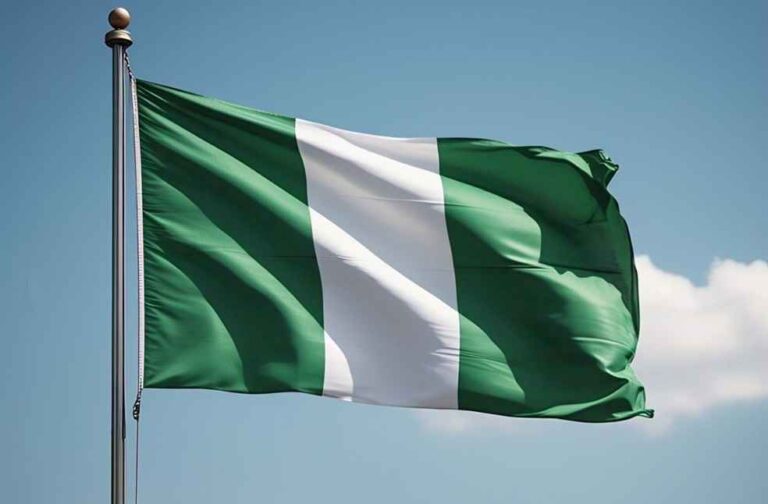Nigerian President Bola Tinubu has banned the import of foreign goods, particularly those that can be produced locally in Nigeria.
To enhance Nigeria’s domestic economy and encourage local production, President Bola Tinubu has implemented a policy preventing Ministries, Departments, and Agencies (MDAs) from purchasing foreign goods or services that are readily available within the country unless granted a written waiver by the Bureau of Public Procurement (BPP).
He also imposed restrictions on expatriates entering Nigeria to perform jobs that local contractors and artisans are capable of handling, except when a strong justification is provided. Tinubu described the policy as a bold change in Nigeria’s economic direction.

On Monday, the Federal Executive Council approved a new framework, the ‘Renewed Hope Nigeria First Policy,’ to prioritize Nigeria in public procurement and business operations. The policy focuses on strengthening local industries, reducing dependence on foreign imports, and promoting a bold, self-reliant Nigerian business culture.
Minister of Information and National Orientation, Mohammed Idris, revealed the decision shortly after the Federal Executive Council meeting, led by the president at the council chambers of the presidential villa on Monday.
The Attorney General of the Federation has been instructed to draft an executive order to formally establish the legal framework for the policy. Minister Tinubu emphasized that the Nigeria First policy will become a key pillar of the administration’s economic strategy, notably as the government advances its industrialization efforts and import-substitution initiatives.

As part of the approved measures, the Bureau of Public Procurement will immediately revise and enforce procurement regulations that center on locally made products and indigenous solutions across all ministries, departments, and agencies.
The BPP will establish a thorough compliance framework to guarantee that all government procurements align with local content regulations. Stakeholders have expressed support for the president’s ban on foreign goods, noting that it will stimulate indigenous businesses such as Dangote Refinery and Innoson vehicle manufacturing, particularly amid Nigeria’s economic downturn.
IMEX SECTOR | Bangladesh Ceases Cattle Imports Due to Surplus Supply



